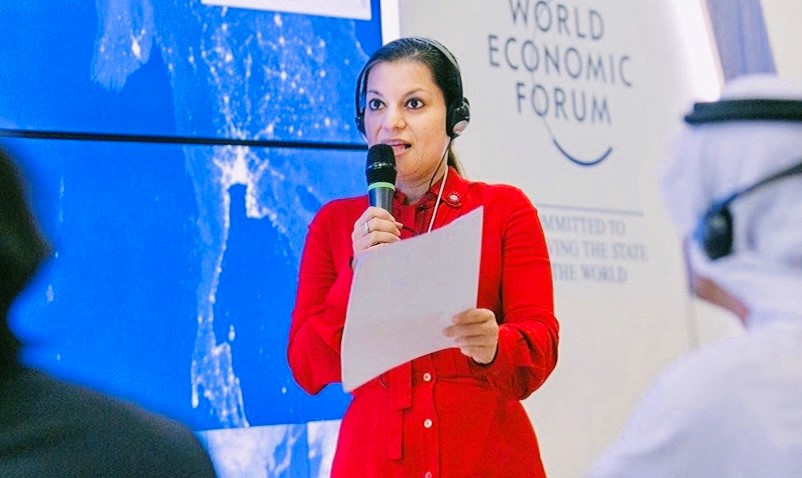Advancing SDGs 2, 12 and 15, this chapter contributes to an understanding of the long-term impacts, challenges and benefits of agronomic practices impacts.
This chapter contributes to SDGs 2 and 3 by addressing topics associated with the alleviation of malnutrition in globally diverse populations via wheat and barley biofortification.
This book chapter advances SDG 3 by explaining how gene therapy, as an advanced therapy, is a promising strategy for treating musculoskeletal disorders through the delivery of therapeutic nucleic acids into the target cells.
The SDG Impact of COVID-19 podcast series gathers expert opinion exploring the impact of COVID-19 on the Sustainable Development Goals. In this segment, we get the view of Kanika Dewan, President of Bramco Group, Founder of Ka Design Atelier and a World Economic Forum Young Global Leader.
The SDG Impact of COVID-19 podcast series gathers expert opinion exploring the impact of COVID-19 on the Sustainable Development Goals. In advance of World Environment Day on June 5th, we get the view of Dr Sam Scheiner, Editor-in-Chief of the Encyclopedia of Biodiversity.
Addressing efficient management of energy has become a central objective due to the scarcity of traditional energy sources and global warming. To cope with this overarching issue, some technological solutions such as Smart Grids, Internet of Things or Demand response are proposed. However, the majority of them overlooks the role of human beings in the equation.
Most of the terrestrial world is experiencing high rates of land conversion despite growth of the global protected area (PA) network. There is a need to assess whether the current global protection targets are achievable across all major ecosystem types and to identify those that need urgent protection. Using recent rates of habitat conversion and protection and the latest terrestrial ecoregion map, we show that if the same approach to PA establishment that has been undertaken over the past three decades continues, 558 of 748 ecoregions (ca.
If moral concern for nonhuman nature underpins conservation, it is essential to understand how individuals populate their “moral communities,” a core concept from environmental ethics, with various elements of biodiversity. Using data from an online survey of the United States public (N = 1331), we investigated the extent to which respondents' moral communities align with four worldviews discussed in the environmental ethics literature: anthropocentrism, zoocentrism, biocentrism, and ecocentrism. Each worldview provides a vision for how the moral community should be constituted.
Refuges and refugia are important to conservation management because of their potential to protect species from difficult-to-manage threats such as changing climate, extreme events (e.g., drought, fire) and biotic threats (e.g., disease, invasive species). To provide conservation managers with an evidence-based approach to identifying refuges and refugia, we ask: which places have been observed to function as refuges/refugia, with results reported in the scientific literature? We systematically reviewed the past 20 years of research into refuges/refugia.
Alzheimer's disease is the most common form of dementia and is a serious health problem. The disease is expected to increase further in the upcoming years with the increase of the elderly population. Developing new treatments and diagnostic methods is getting more important. In this study, we focused on the early diagnosis of dementia in Alzheimer's disease via analysis of neuroimages. We analyzed the data diagnosed by the Alzheimer's Disease Neuroimaging Initiative (ADNI) protocol.


